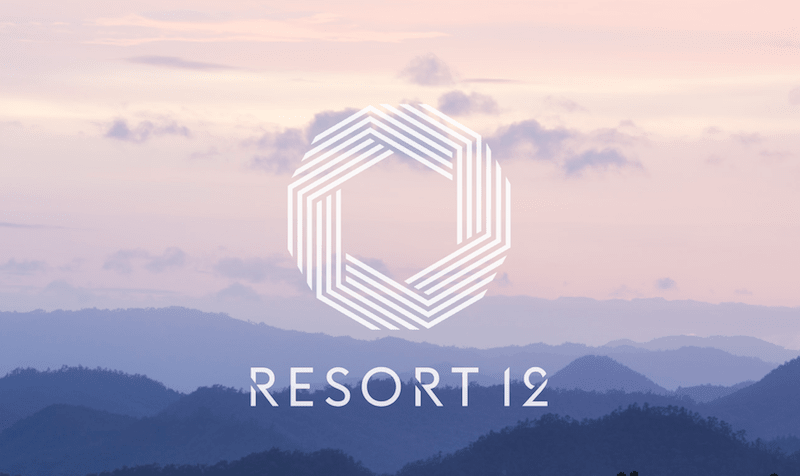Treating addiction and trauma
Resort 12 is a luxury sanctuary in northern Thailand offering a “new global standard” in addiction and trauma treatment – exclusively for LGBTQ clients.
The centre is the only one of its kind outside of the US – but what’s it all about? And who is it for? As The Wellbeing Issue hits the shelves, we speak to the resort’s resident counsellor and psychologist, Sandi James, to find out more about the centre.
Hello Sandi. First of all, what kinds of treatments do Resort 12 offer?
Resort 12 has an eclectic approach to treatment including mindfulness, cognitive behavioural therapy, interpersonal therapy groups and educational groups, as well as exercise or movement therapy. A holistic team also provides the opportunity for yoga, sound therapy, EFT, art therapy and other healing tools such as reiki and relaxation.
Are there women-specific programmes?
We do offer a women-only group which is facilitated by our female staff and tailored specifically to the needs of the women in the group.
Resort 12 is “exclusively dedicated to serving the LGBTQ community”. Why is this?
The difficulties faced by people who identify as LGBTQ are often quite different from those faced by the mainstream population. The bullying, discrimination and stigma we face can leave long term negative consequences for our sense of identity, self esteem and value.
The “coming out” process can also be quite traumatic for some, alongside that feeling of being “other”, “different” or somehow unacceptable.
It can be incredibly uncomfortable to talk openly about sexuality within a majority heterosexual treatment centre. Providing a safe space where people are free to talk about who they really are and what they have experienced is imperative for a strong foundation of recovery.
Why are LGBTQ communities more likely to have experienced trauma or addiction, in your experience?
In my experience – and according to the research and available evidence – LGBTQ communities have a greater likelihood of experiencing trauma and addiction because of the bullying and discrimination they often face living in a heteronormative society. When we grow up feeling different or like an outsider, it can have a significant impact on both our sense of identity and sense of place in the world. All of these things can lead to addiction and other issues.
How have your own experiences with addiction helped in your work?
My own experiences with trauma, addiction, treatment and recovery have given me understanding and empathy. At the same time, what works for me may not work for someone else but it’s a starting point.
My experiences have taught me acceptance and to work at a pace each individual can manage. I have learnt that small steps will eventually get you to the place you want to be, and that by rushing we can miss really important experiences and learning opportunities.
My journey to where I am has been a difficult one and coming out of that has taught me that anything is possible as long as you keep moving and get help from people who understand and can relate and connect with you.
What do you think needs to happen on a societal or community-based level to ensure less LGBTQ people find themselves battling addiction?
We need to support each other more and establish other spaces for people to meet and socialise that do not include alcohol and other drugs. So many things need to change in the wider society and we need to not give up the pressure for recognition and equality across the world.
The first place we can start though is with being kinder to each other and helping lift each other up rather than infighting and competition that puts each other down. From there we can build a united front to challenge the perception of society and build a better world for everyone.
There aren’t any prices listed on the Resort 12 website, but it’s obviously a high-end treatment centre. Is it only aimed at those who can afford the luxury?
We’re working very hard to establish sponsored beds for those unable to afford treatment at Resort 12. Though, the costs are a lot less than you would pay for treatment at a “luxury” facility in the US, Australia or the UK.
It is difficult to afford this kind of treatment when you are in active addiction but this is something which can be discussed when someone makes contact.
Resort 12 is not aimed at celebrities or “rich people”. The programme has been developed to treat addiction, trauma and other issue in a space that is accepting and understanding – as well as highly effective.
